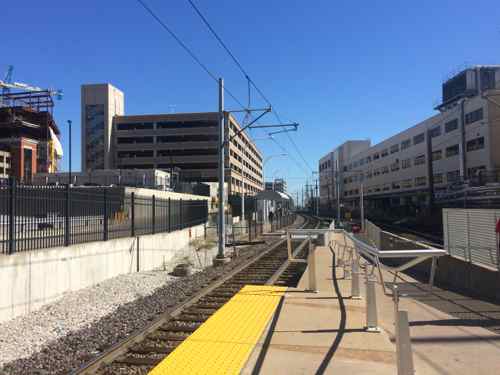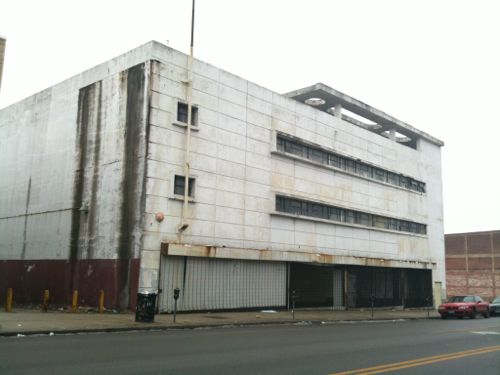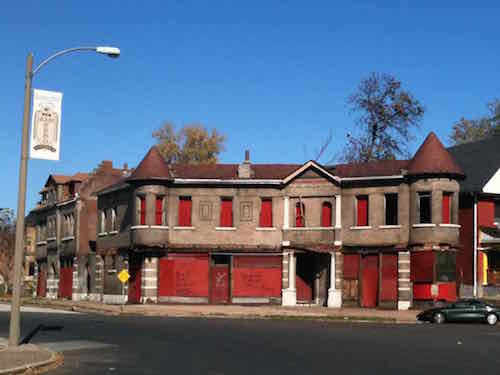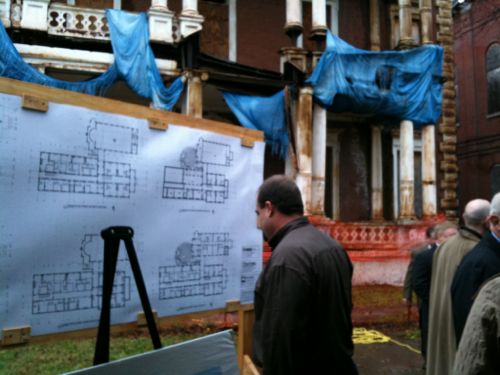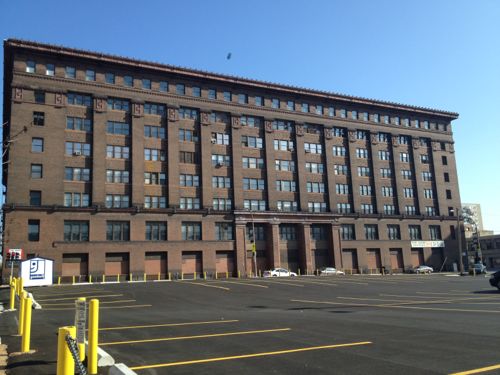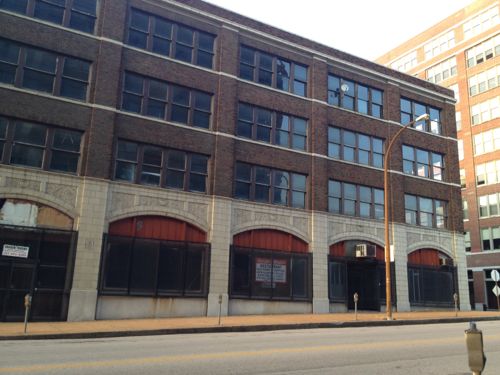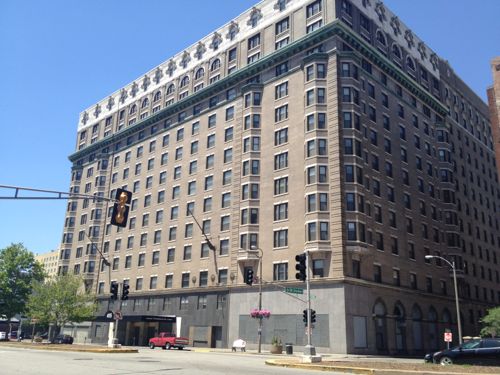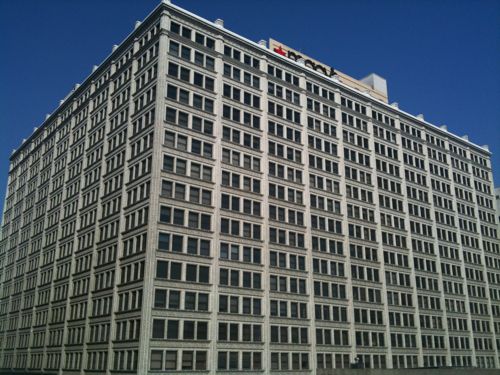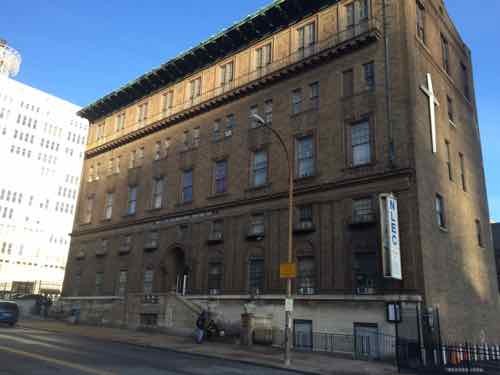Thoughts on McKee’s Northside Regeneration
|
|
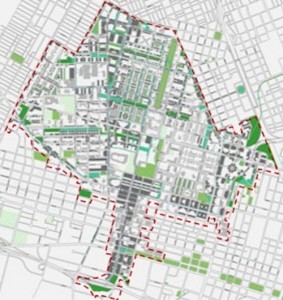
It has been nearly a decade now since Paul McKee’s Northside Regeneration plan was first made public. It was July 2005 when Michael Allen disclosed properties owned by Blairmont Associates and affiliated companies. At the time I was in real estate and was able to search & download bulk property records, which I’d given to Allen. At that point McKee had been quietly acquiring properties for a couple of years. In the years since McKee has received a go ahead from local & state official, and survived numerous lawsuits.
A recently filed lawsuit presents another hurdle:
The lawsuit says that the loans, originally issued by Corn Belt in October 2007 for $12 million, went into default in October 2009, but that McKee, his trust, NorthSide and Multibank entered into a forbearance agreement, in which Multibank agreed not to collect on the notes if the forbearance agreement was followed.
But McKee by November 2012 failed to make payments dictated by the forbearance agreement, the lawsuit states. (St. Louis Business Journal)
And unpaid property taxes yet another:
In examining real estate property taxes, St. Louis Public Radio discovered McKee’s company, Northside Regeneration LLC, owes the city more than $750,000 in taxes for 2013 and 2014. That total includes nearly $120,000 in interest and penalties. (St. Louis Public Radio)
Unlike the 2008 collapse of developer Pyramid Construction, I think McKee will find a way to survive. At this point, however, we need McKee to thrive — not just avoid the collapse of his plan. The areas where he has bought properties need to see buildings renovated and new construction going up. Sticking with McKee is a gamble — but backing his creditors would also be a gamble.
If only the city had put together a plan to attract employers, developers to unwanted/underused sites like Pruitt-Igoe and the 22nd Street Interchange. City planners could’ve marketed the area where the Stan Musial Veterans Memorial Bridge meets a rebuilt Tucker at Cass. Instead the city withdrew from planning, leaving the field open to private for-profit interests.
— Steve Patterson
